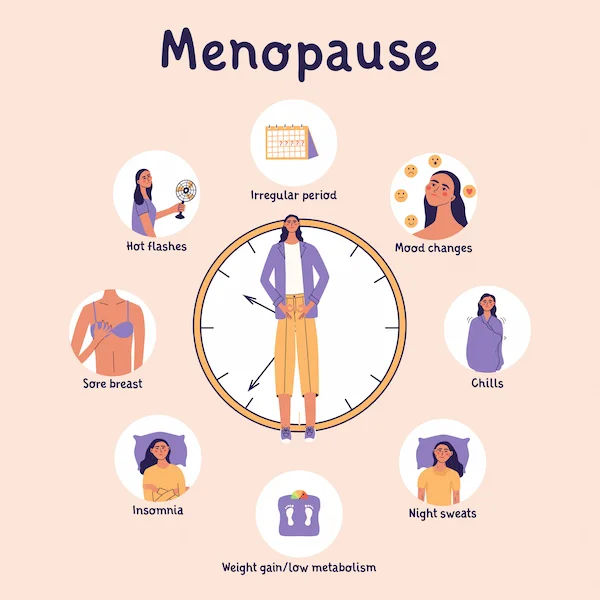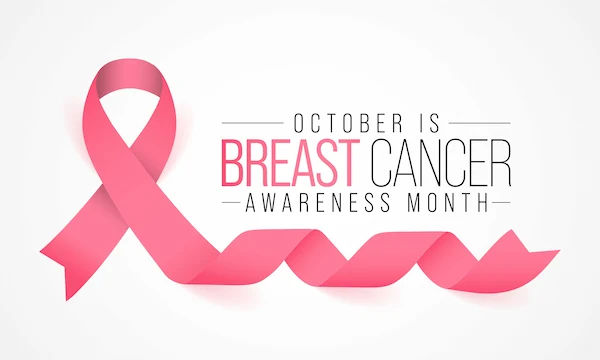- female
- 45 Years
- 14/08/2025
My mom needs open abdominal surgery to remove fibroids but our insurance only covers a general 6-bed ward in a well-known Mumbai hospital. Would she be better off staying there or going for a twin-sharing room in a smaller hospital? I'm worried about her comfort and recovery.
Answered by 1 Apollo Doctors
I can understand your concern. With your health policy documents comes a document in which all the affiliated hospital names are listed. Whichever you find the best, you can go there and get it operated. Any gynecologist would be able to perform this surgery. Therefore you have to consult a gynecologist of your choice and a hospital of your choice as per your insurance and then consult there.
Dr. Kamran Suggests...
Consult a Obstetrician and Gynaecologist
Answered 14/08/2025
0
0

More Obstetrics & Gynaecology Health Queries
View allI'm really concerned about how long Trenaxa MF takes to stop heavy bleeding, especially since I have PCOS. I'm trying to figure out the right dosage for my condition but I'm unsure. Also, if the bleeding doesn't stop, how many doses should I take before I start getting worried? I'm just feeling a bit anxious about this whole thing and would appreciate some guidance.
Take Trenexa 500mg two timws a day usually it stops bleeding within one day
Answered by 1 Apollo Doctors
I'm planning to get pregnant soon and I'm wondering if you could recommend a good brand of folic acid tablets? Also, when's the best time of day to take them?
As a doctor, I would recommend brands like "Folvite" or "Obstetrical Folic Acid" for folic acid supplementation before pregnancy. It's ideal to take the tablet in the morning with food to enhance absorption and reduce the risk of nausea.
Answered by 1 Apollo Doctors
How many uterus does a woman have?
One uterus. However double uterus is a rare abnormality
Answered by 1 Apollo Doctors
Disclaimer: Answers on Apollo 247 are not intended to replace your doctor advice. Always seek help of a professional doctor in case of an medical emergency or ailment.


_4.webp)


